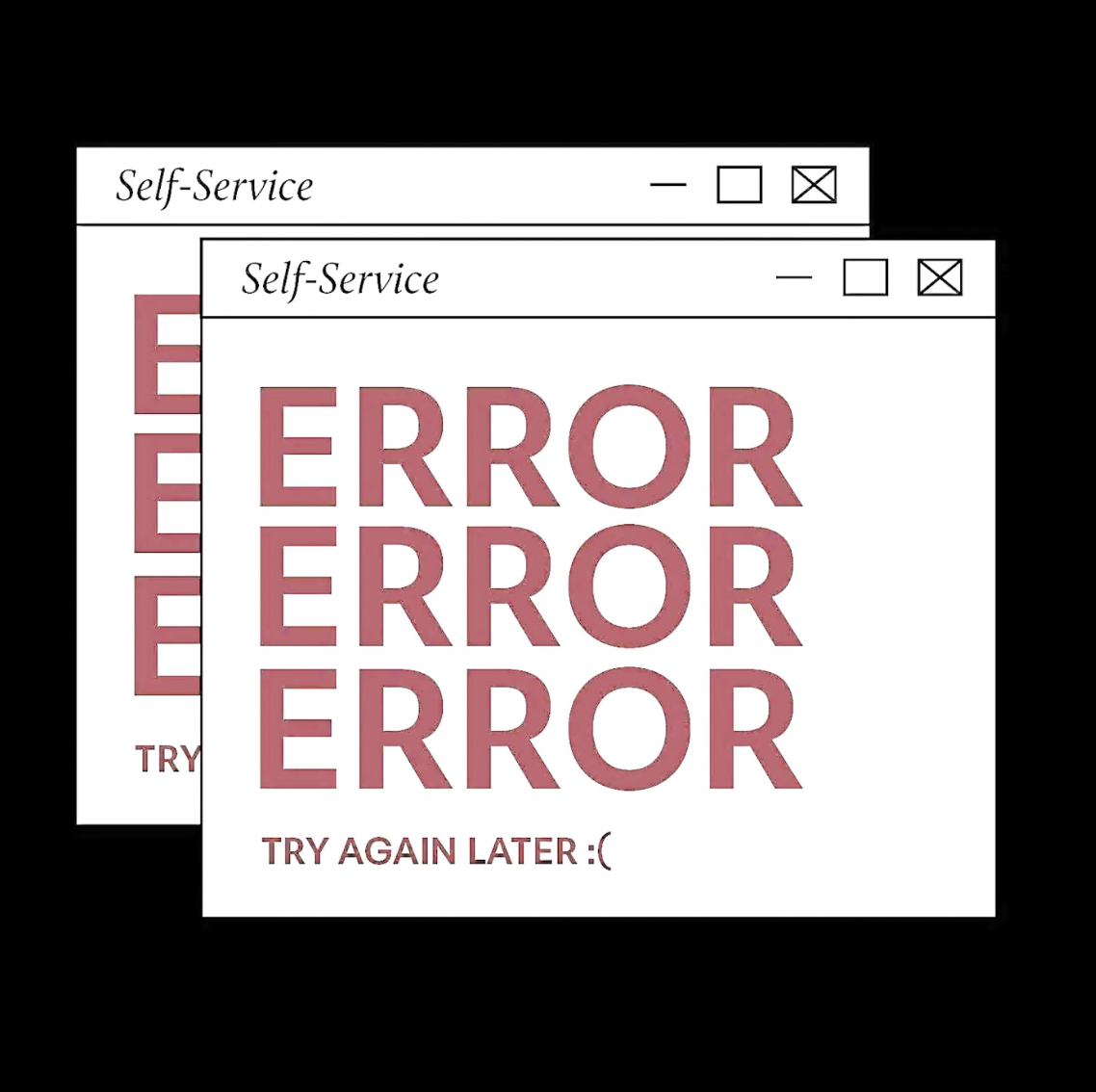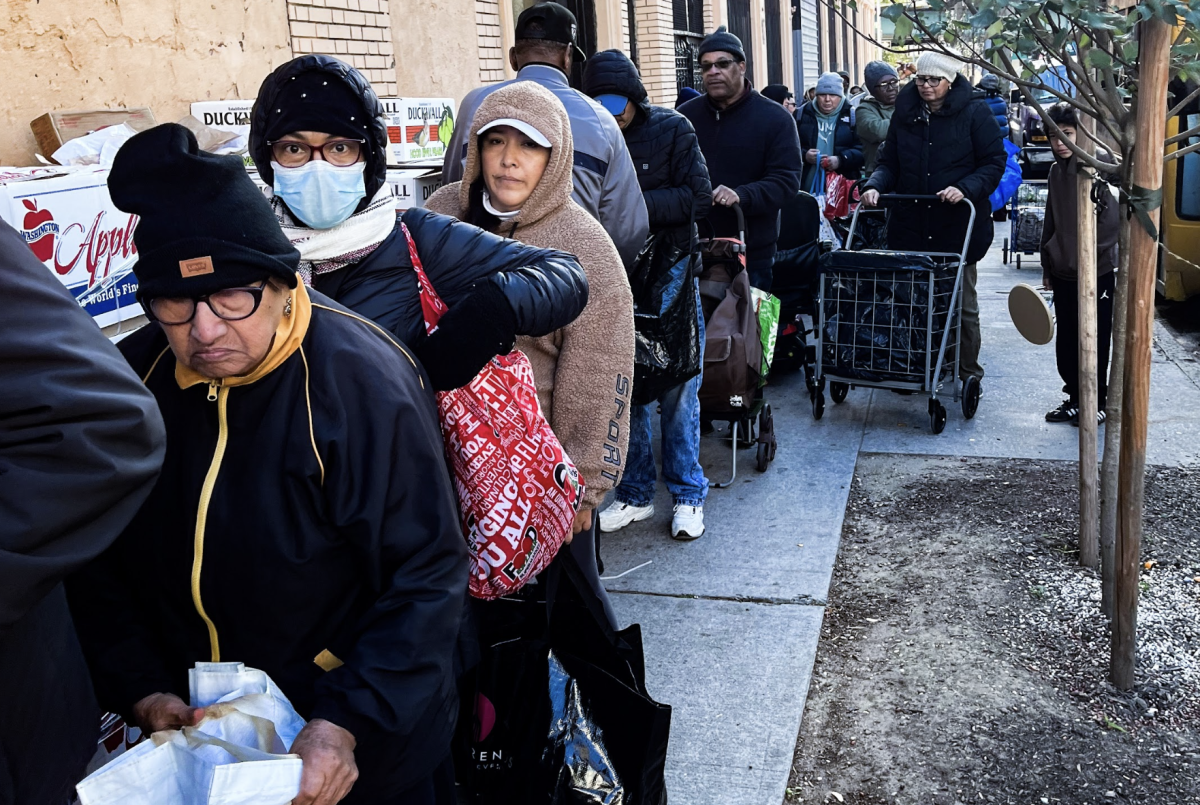In her essay, “Goodbye to All That,” included in the anthology Slouching Towards Bethlehem, writer Joan Didion mused that “It is easy to see the beginnings of things, and harder to see the ends.” On the verge of a new semester at Loyola University, it is easy to see the beginning of a new academic year with new facilities, new professors, and a new class of freshman. It is much harder to look back to the end of last semester.
We return to campus heavy with the losses of classmates, friends, and professors who have passed away. We return after listening to coverage of one of the most divisive and virulently xenophobic national elections in recent history. We return after witnessing the tragedy of the recent flooding in Louisiana. We return after many of us have been rocked by police brutality in our communities. We return after viewing unprecedented violence and destruction in Syria and beyond.
These events have tested us as individuals and as a community and have bred feelings of fear, distrust, anger, and even despair. As we come together as a university to begin this semester, we return divided along racial, political, and religious lines.
In a community that prides itself on diversity, we have allowed difference to become a flashpoint for controversy instead of a conduit for unity. The trauma of student suicides, the substance abuse epidemic, and the fervent calls for institutional representation of racial diversity among faculty members are among the most painfully familiar examples of division at Loyola. This division between the student body and the school administration is emblematic of deeper fault lines on campus and in our greater local, national and global community. The racial polarity surrounding #BlackLivesMatter and #BlueLivesMatter movements, the divisive American presidential race, the separation of refugees and ‘native’ citizens in Europe, even the ever-widening generational shift between baby boomers and millennials–these examples of perceived national and international divisions manifest themselves in our campus community and lend to an atmosphere of partition instead of possibility. It is easy to mark the beginning of the semester on a calendar, it is much harder to summon the sense of hope that such a date should bring.
The past few months have been a season of extremes, so as we return to campus together we urge the Loyola community to usher in this new beginning in a spirit of unity. To begin anew is not to wash away the difficulties, tragedies and challenges of the past endings but rather to see them clearly, to keep them in perspective and begin fixing them. We must lift one another up as a community from these experiences and challenges; we must return to our common principles–empathy, tolerance, and respect–the values that we learned during our childhood. It is in returning to these rudimentary values that we can unify ourselves because of, not in spite of, our differences. This is the type of beginning we owe to each other this semester and every semester.
In the same collection of essays, Joan Didion quotes William Butler Yeats’ poem “The Second Coming,” to begin her book. The poem is defined by a sense of unraveling; Yeats writes: “Things fall apart; the centre cannot hold.” At Loyola we have experienced this sense of unraveling, we have witnessed how despite our best intentions and efforts, sometimes things fall apart. At the start of this new semester we hope that as a university community we can center ourselves along our shared values, we hope that this year we can hold ourselves together.






